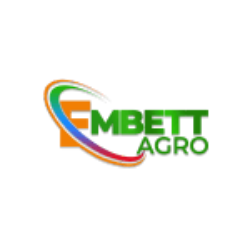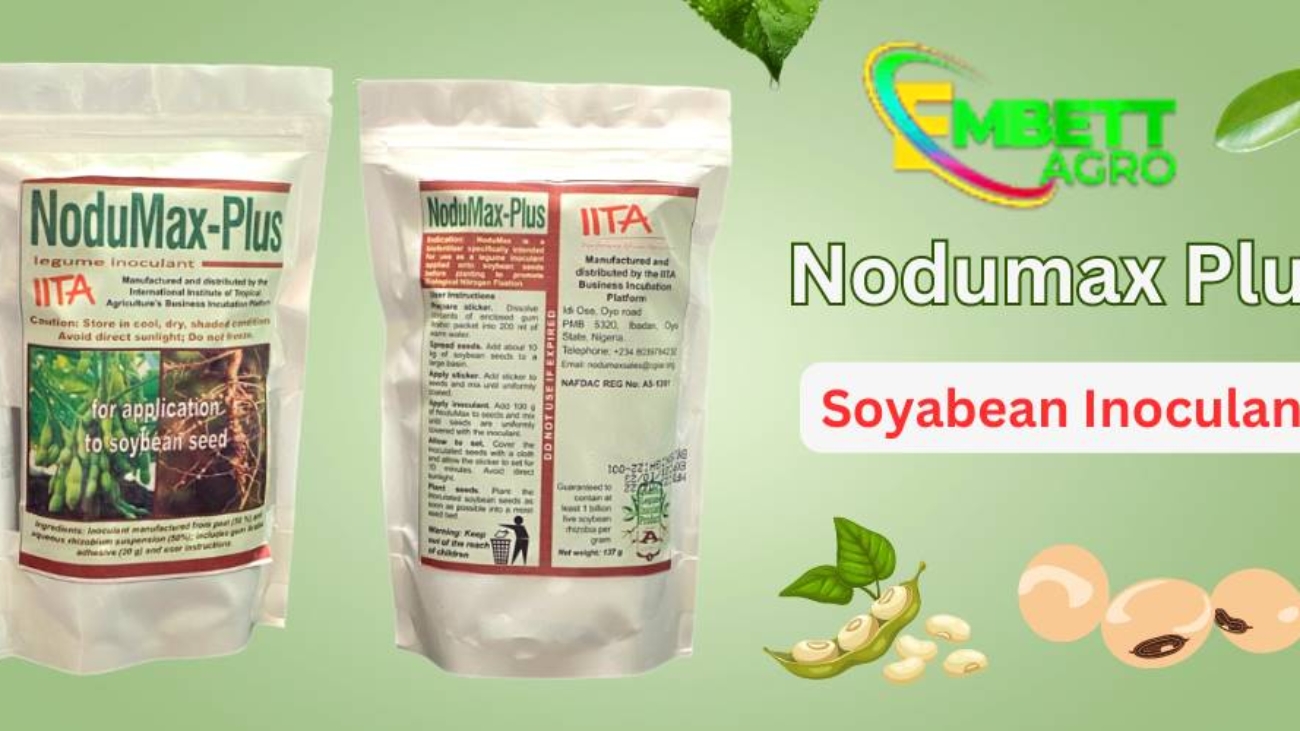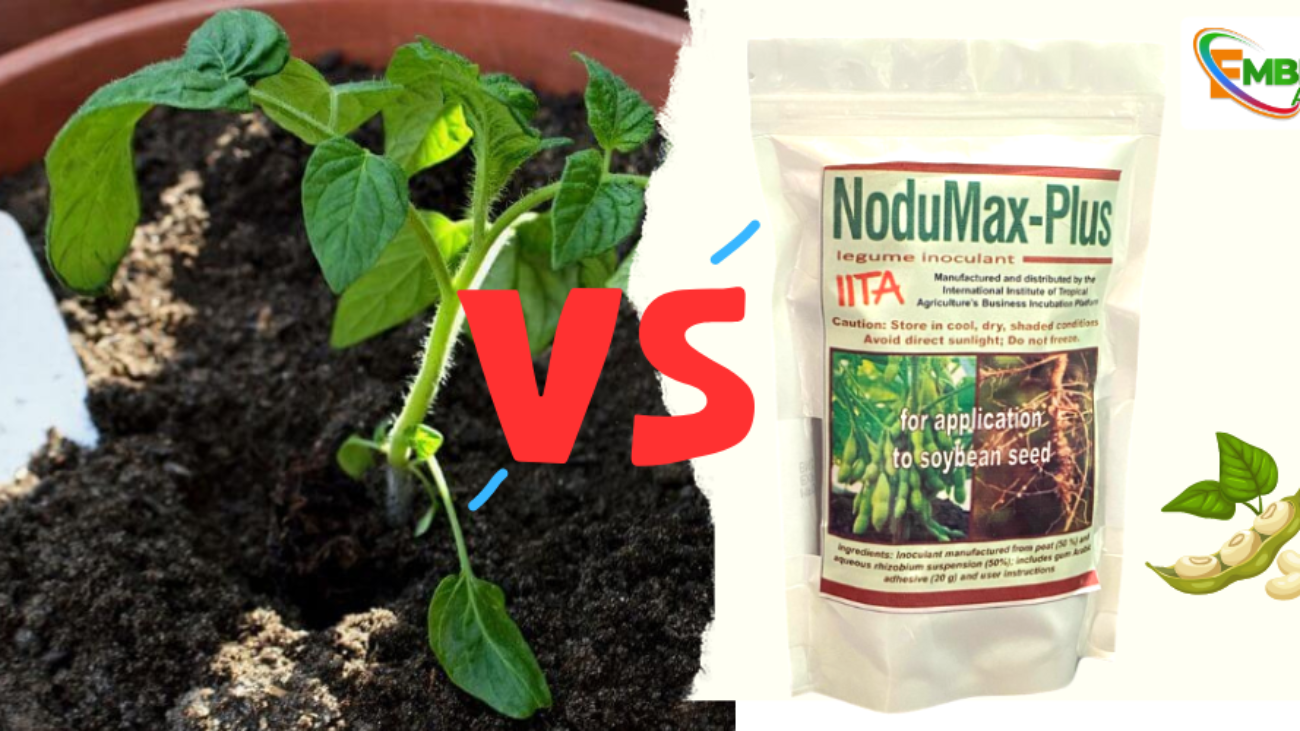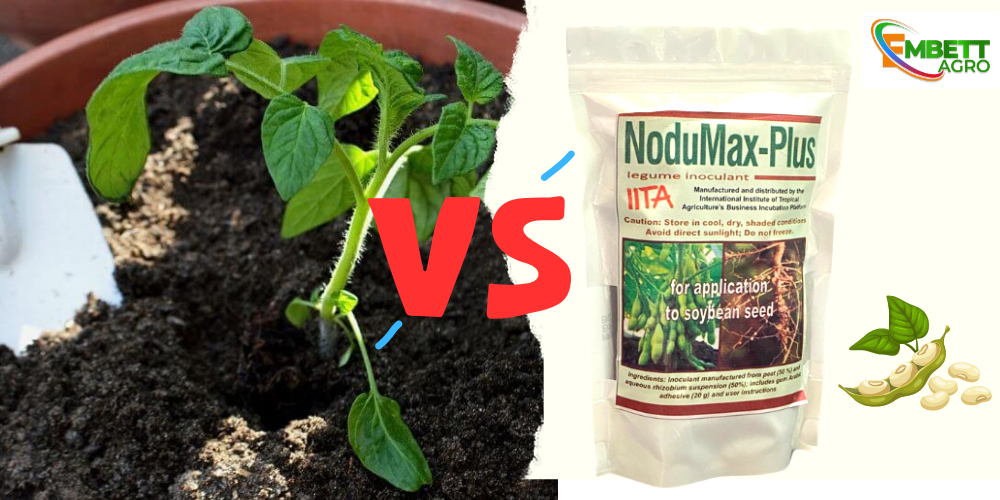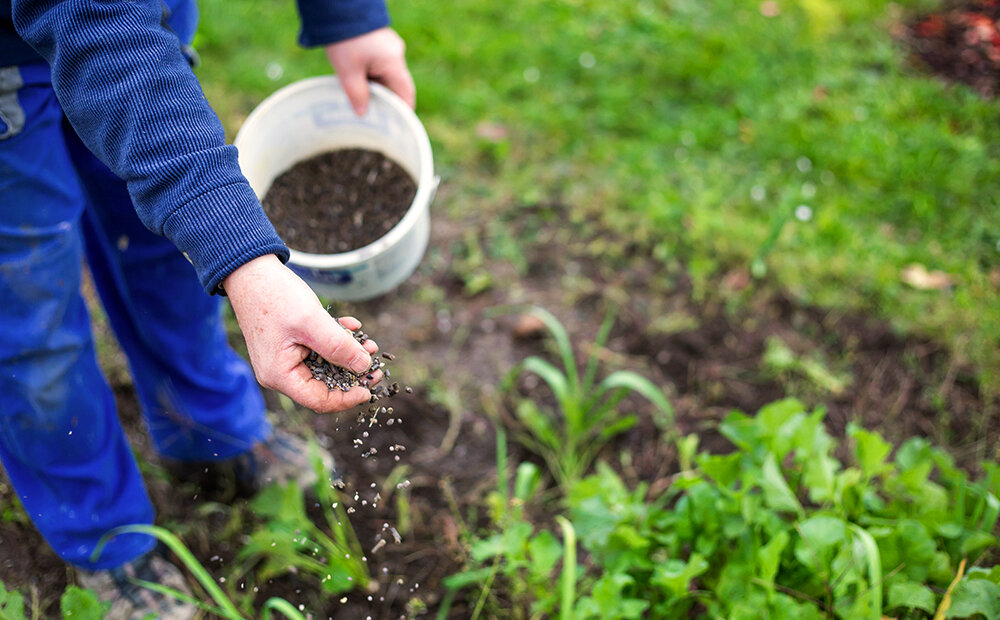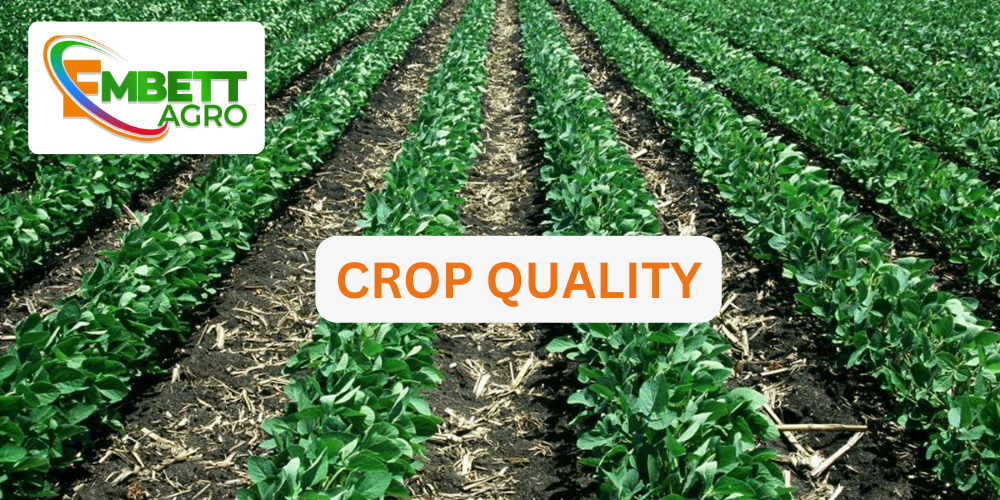Inoculants play a crucial role in enhancing crop productivity and promoting sustainable agriculture practices. As a farmer in Ghana, finding a reliable dealer of inoculants is essential for obtaining high-quality products and expert guidance. Embett Agro is the trusted dealer of inoculants in Ghana, committed to providing farmers with top-notch products, exceptional service, and timely support. In this article, we will explore the significance of Embett Agro as the go-to dealer of inoculants in Ghana, offering the best solutions for sustainable farming.
Inoculants are indispensable tools for farmers looking to optimize crop yields and reduce their dependence on synthetic fertilizers. As a Ghanaian farmer, it is crucial to have access to a reliable dealer of inoculants that understands the unique needs of Ghanaian agriculture. Embett Agro has emerged as the trusted dealer of inoculants in Ghana, providing farmers with high-quality products, expert guidance, and exceptional service.
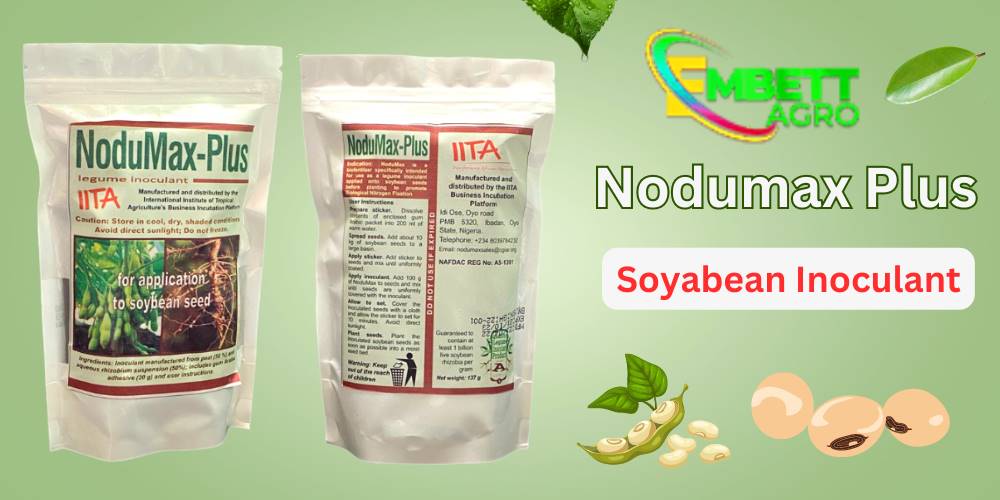
Embett Agro: Your Reliable Dealer of Inoculants in Ghana
Embett Agro is a well-established company dedicated to meeting the agricultural needs of Ghanaian farmers. As the premier dealer of inoculants in Ghana, Embett Agro has built a strong reputation for reliability, quality, and customer satisfaction. With extensive experience and expertise, they understand the specific requirements of Ghanaian agriculture and provide tailored solutions to enhance crop productivity.
Commitment to Quality Inoculants
Embett Agro prioritizes the quality of its inoculants to ensure optimal results for farmers. They source their products from reputable manufacturers, ensuring that every inoculant meets stringent quality standards. By selecting Embett Agro as your dealer of inoculants, you can be confident that you will receive top-quality products that deliver consistent performance and maximize crop yields.
Wide Range of Inoculant Products
Embett Agro offers a comprehensive range of inoculant products suitable for various crops grown in Ghana. Whether you cultivate soybeans, maize, legumes, or other crops, Embett Agro has the right inoculant solutions to meet your specific needs. Their diverse product portfolio ensures that farmers can find the ideal inoculant for their crops, enhancing soil fertility and promoting sustainable agricultural practices.
Expert Guidance and Support
Embett Agro understands that successful inoculant application requires proper knowledge and guidance. Their team of agricultural experts provides farmers with valuable advice and technical support throughout the inoculation process. From selecting the appropriate inoculant to offering guidance on application techniques, Embett Agro ensures that farmers have the necessary support to achieve optimal results.
Timely Delivery and Distribution Network
Embett Agro recognizes the importance of timely delivery, especially during critical planting seasons. They have established a well-organized distribution network to ensure that farmers receive their inoculants promptly. With Embett Agro as your dealer, you can rely on their efficient logistics to deliver your inoculants when you need them, allowing for seamless integration into your farming schedules.
The Importance of Inoculants in Modern Farming
Inoculants play a significant role in modern farming practices, especially in promoting sustainable agriculture. These products contain beneficial microorganisms that establish symbiotic relationships with plants, enhancing nutrient availability and optimizing crop growth. By incorporating inoculants into their farming practices, Ghanaian farmers can improve soil fertility, increase nutrient uptake, and reduce the need for synthetic fertilizers, ultimately leading to more sustainable and environmentally friendly farming.
High-Quality Soybean Inoculants
Soybeans are a crucial crop in Ghana, and Embett Agro offers high-quality soybean inoculants specifically formulated to maximize soybean yields. These inoculants contain effective strains of rhizobia bacteria that establish symbiotic relationships with soybean plants, enhancing nitrogen fixation and promoting vigorous growth. By using Embett Agro’s soybean inoculants, farmers can unlock the full potential of their soybean crops and achieve higher yields.
Crop-Specific Inoculants for Various Crops
Embett Agro understands that different crops have specific inoculant requirements. Therefore, they offer a wide range of crop-specific inoculants suitable for crops such as maize, legumes, and other common staples in Ghana. These inoculants are carefully formulated to meet the unique needs of each crop, ensuring optimal performance and increased yields.
Customized Solutions for Farm-Specific Needs
Embett Agro recognizes that every farm has unique soil conditions and cultivation practices. As a result, they provide customized inoculant solutions tailored to individual farm requirements. By assessing your farm’s specific needs, Embett Agro can recommend customized inoculant products and application techniques, optimizing the results for your farm and improving overall productivity.
Benefits of Choosing Embett Agro as Your Inoculant Dealer in Ghana
High-Quality Inoculants for Maximum Results
Choosing Embett Agro as your inoculant dealer in Ghana guarantees access to high-quality products. Their commitment to quality ensures that the inoculants you receive are of the highest standards, maximizing their effectiveness and delivering consistent results.
Expert Guidance Tailored to Ghanaian Agriculture
Embett Agro’s experienced agronomists understand the unique challenges and requirements of Ghanaian agriculture. They provide expert guidance and technical support tailored to the specific needs of Ghanaian farmers, ensuring that you have the knowledge and assistance required to achieve optimal results.
Timely Delivery to Meet Planting Schedules
Embett Agro’s efficient distribution network enables them to deliver inoculants promptly, respecting the critical planting schedules of Ghanaian farmers. With Embett Agro, you can rely on timely delivery, allowing you to integrate the inoculants seamlessly into your farming plans.
Competitive Pricing for Affordability
Embett Agro believes in making high-quality inoculants accessible to all Ghanaian farmers. They offer competitive pricing without compromising product quality, ensuring that you can adopt sustainable farming practices without straining your budget.
Commitment to Farmer Success
As your trusted dealer of inoculants, Embett Agro is genuinely committed to your success. They go above and beyond to ensure that you receive the support, guidance, and quality products needed to maximize your crop yields and achieve long-term success in your farming endeavors.
Embett Agro is your trusted dealer of high-quality inoculants in Ghana. Their commitment to quality, expert guidance, timely delivery, competitive pricing, and dedication to farmer success set them apart in the industry. By choosing Embett Agro as your inoculant dealer, you can enhance your crop yields, promote sustainable farming practices, and achieve long-term agricultural success. Contact Embett Agro today to take your farming to new heights.
